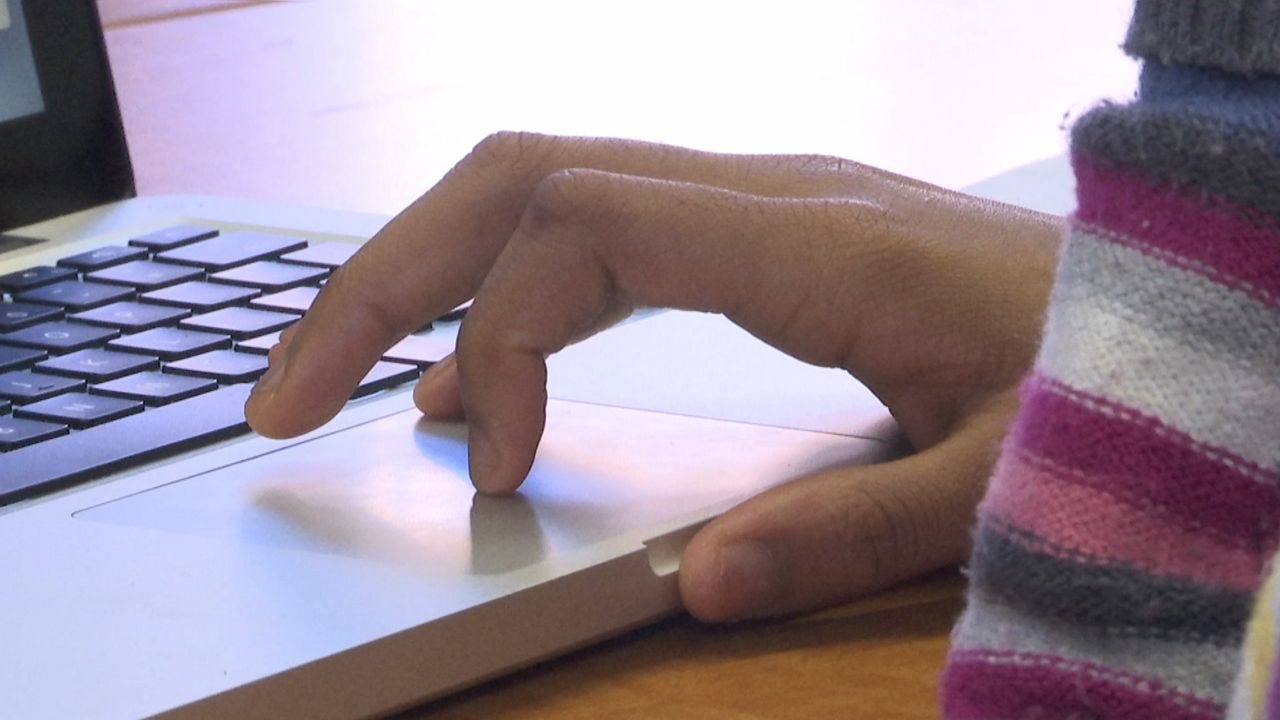The World Health Organization called the spread of false information around COVID-19 an “infodemic.”
Widespread panic creates an environment in which they need to be informed is overshadowed by viral social media posts that spread false ideas.
It’s best to read before we share articles to understand the story behind the headline, said Jessica Pirro, the executive director of Crisis Services.
“The information being shared about COVID-19 is coming fast and furious,” Pirro said. “One of the things that is really important about managing this is really thinking about what we can control and what we can control is what we’re reading.”
It best to visit trusted organizations sites like World Health Organization, the Centers for Disease Control and Prevention or the state or local health departments website, Pirro said. “It’s also important to pay attention to information that is being shared,” Pirro said. “We tend to be a bit of a headline world right now and it’s really important for us to dig deeper into the source of the information.”
Crisis Services operates a 24-hour 7-day hotline at 716-834-3131 or visit their website.



